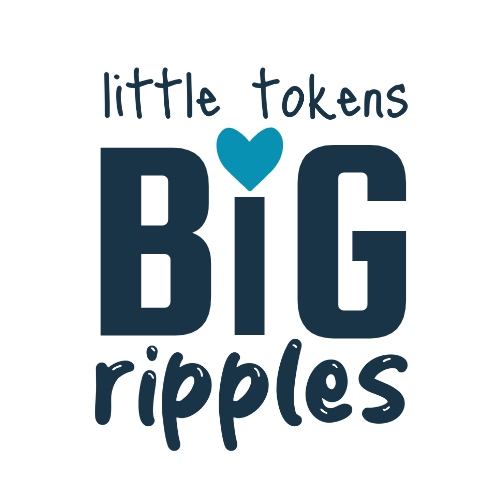On Beauty, Worth, and the Courage to "Just Be You."
This morning, Jeannie Ewing and I came together to talk about beauty. But what we really talked about was worth. Not the kind measured by cheekbones or concealer, but the kind we inherit, internalize and carry in our bones. The kind that’s buried under years of being judged by first impressions.
It was such a joy to be joined by Jeannie’s teen-daughter, Felicity, who brought so many beautiful insights of her own.
We talked about the pressure to perform femininity—what it means to show up without mascara, to wear leggings from Costco in a town of Lululemon, to let our grays grow out and not apologize for them.
We talked about how deeply we internalize the messages around us, even when we think we’ve successfully outgrown them.
Jeannie shared how a casual comment from a pediatrician altered her sense of self at age ten. I spoke about growing up in India, where beauty was transactional—a currency for marriage and safety.
And Felicity, wise beyond her years, named what so many adults can’t: that beauty culture isn’t about beauty at all. It’s about control. It’s about trying to feel enough in a world that constantly tells you you’re not.
And then we talked about Sarah—Jeannie’s second daughter—whose face doesn’t conform to cultural expectations of beauty, but whose presence has become a quiet revolution in my 11-year-old’s life. Through their pen pal letters, I’ve watched my daughter come into herself, slowly and tenderly, not despite but because of Sarah’s unwavering self-acceptance.
This is how ripples begin.
What struck me most during our conversation was the clarity we all have. The moments when Felicity said, “If a guy just wants you because you look pretty, he’s not worthy,” or when Jeannie reminded us that “our appearance is not the most important thing about us.”
These weren’t platitudes. These were truths earned in the trenches of middle school hallways and grocery store glances, of motherhood and memory and unlearning.
And maybe that’s the real work here—not to swing from self-hatred to self-love in some performative act of positivity, but to pause long enough to meet ourselves as we are.
To let go of the lie that we must earn our worth through aesthetics. To let our children witness us not masking discomfort, but naming it. Making space for it. And then choosing presence anyway.
This wasn’t a talk about beauty, not really. It was a talk about how we see ourselves and how we see one another.
And how, slowly, through honesty and reflection and shared story, we might begin to see differently.

